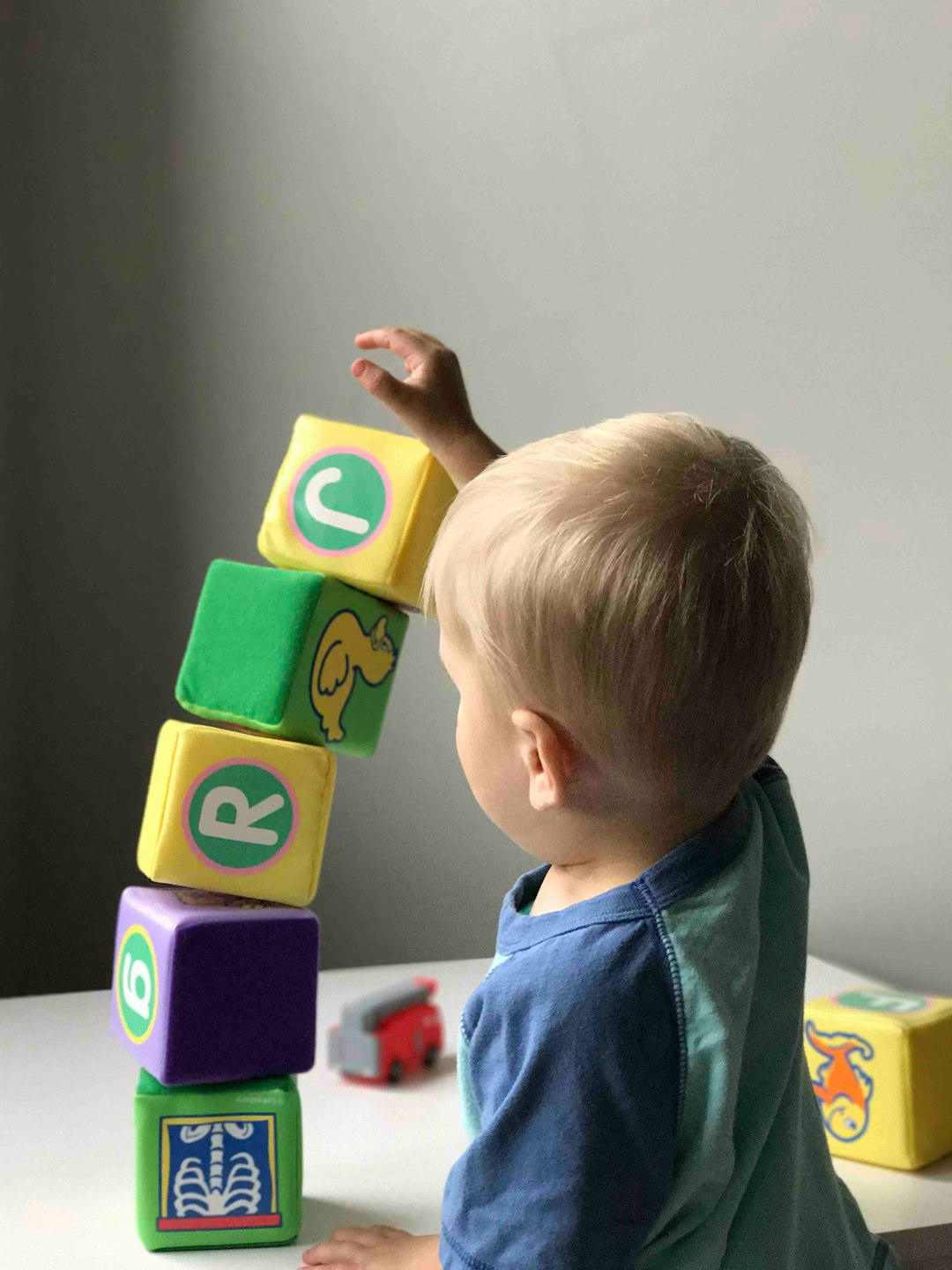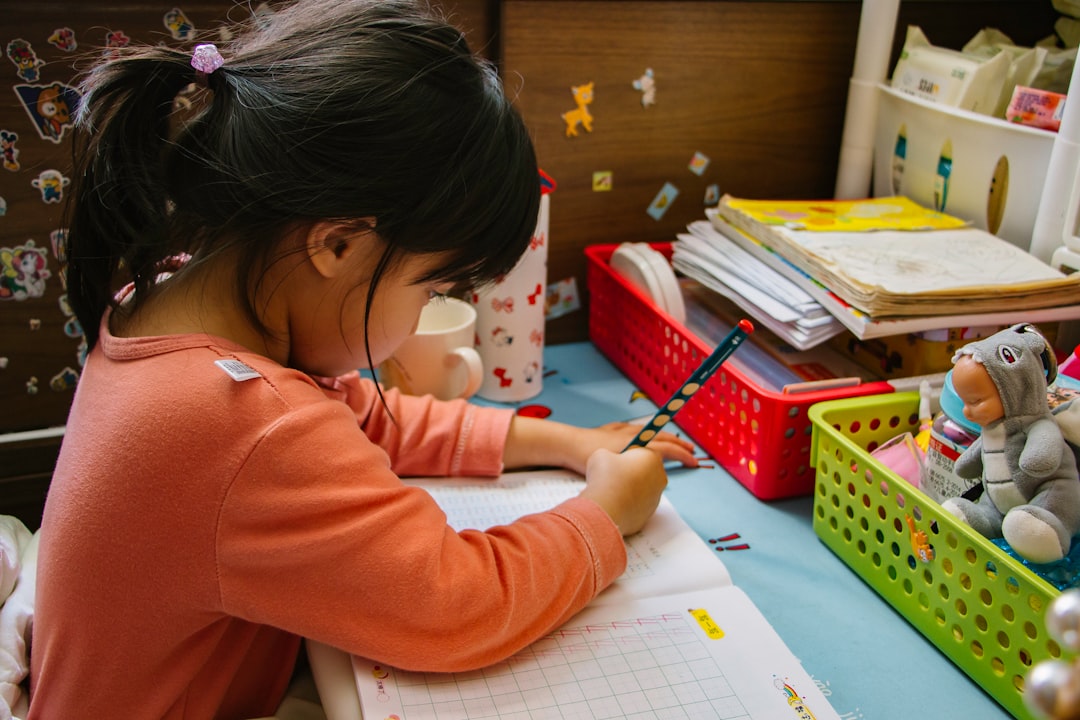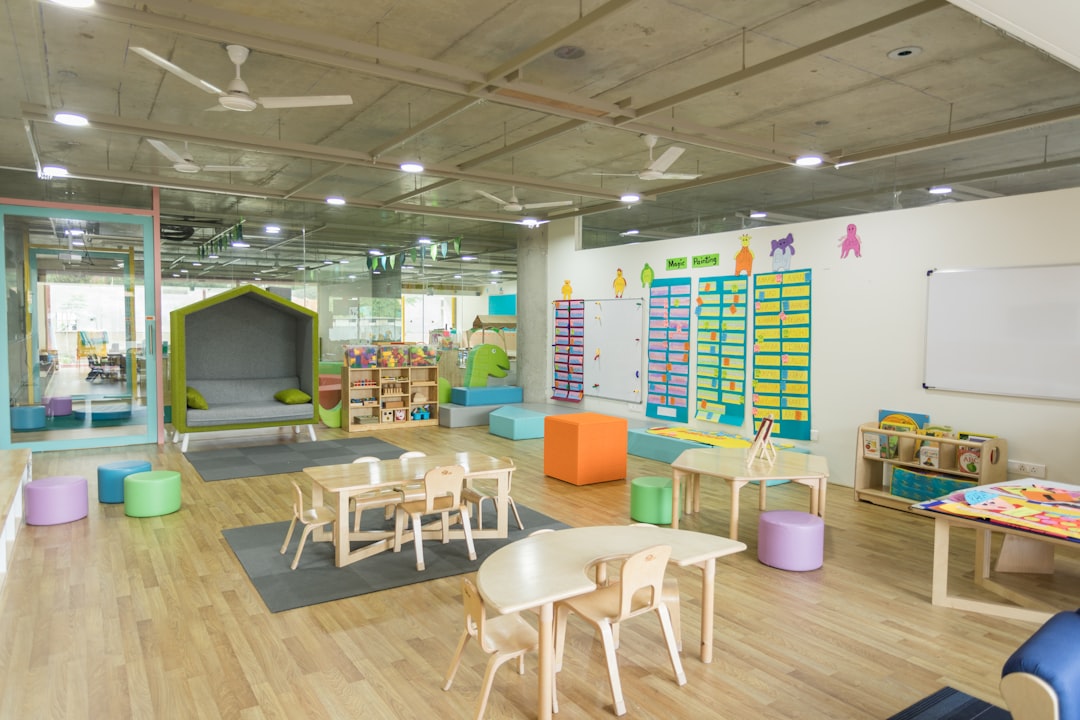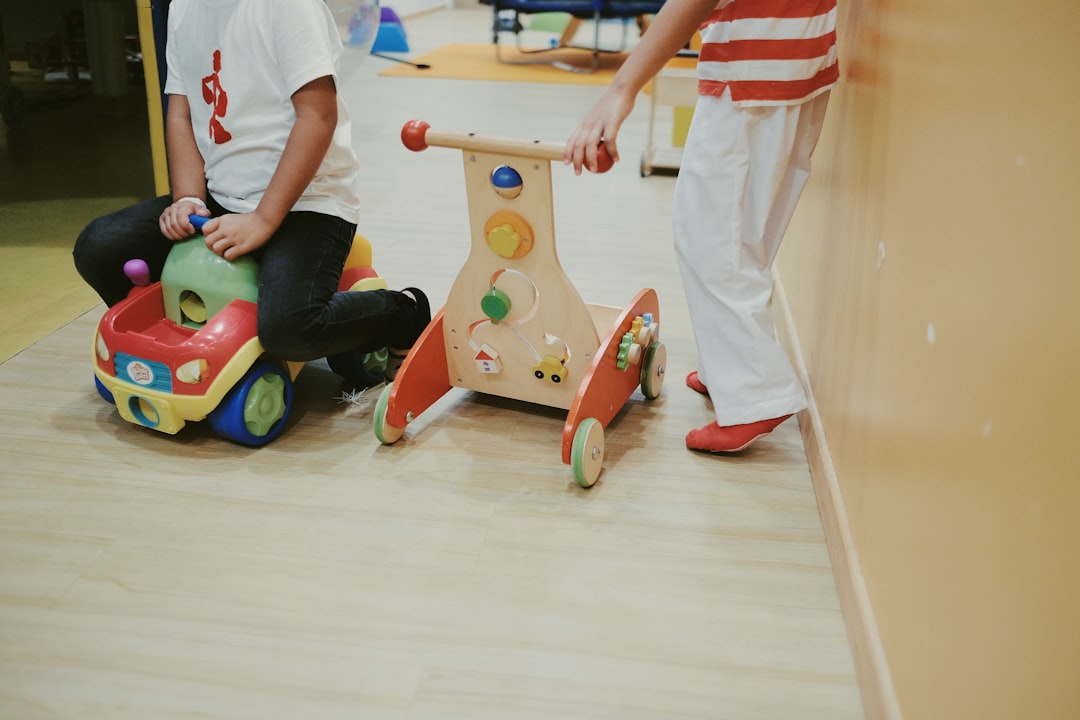In Georgia, strict DECAL regulations protect children in daycare. Daycare abuse law firms guide families through complex legalities after misconduct. Parent educators, balancing facilitation and guardianship, adhere to state laws and implement age-appropriate programs via effective training. Safe environments foster holistic child development. Active parental involvement, empowered by knowledge of daycare abuse law firms, strengthens family decisions and ensures children's safety.
In Georgia, the role of parent educators in daycare settings is both critical and complex. This article explores the intricate balance between legal mandates, such as Georgia’s stringent daycare abuse laws, and the day-to-day operations of these facilities. We delve into the responsibilities and training required of parent educators, focusing on their crucial task of fostering safe and nurturing environments. Additionally, we examine the impact on children and family choices, highlighting the significance of well-informed parents in navigating Georgia’s childcare landscape. Key terms: daycare abuse law firm Georgia.
Legal Framework: Georgia's Daycare Abuse Laws

In Georgia, the legal framework governing childcare facilities is designed to ensure safety and protect children. The state has stringent regulations in place to prevent and address daycare abuse. These laws are enforced by the Georgia Department of Early Care and Learning (DECAL), which oversees licensing, inspections, and compliance for all childcare centers. Any violations, including instances of physical or emotional abuse, can result in severe consequences for the facility and its staff.
A daycare abuse law firm in Georgia plays a crucial role in navigating these legal intricacies. They assist families affected by daycare misconduct by providing guidance on their rights and available legal remedies. These firms help interpret complex laws and ensure that victims receive just compensation or appropriate corrective actions from the responsible parties, be it the childcare center, its owners, or employees.
Parent Educators' Responsibilities and Training

Parent educators in Georgia daycare settings play a multifaceted role, acting as both facilitators and guardians for children under their care. Their responsibilities span from creating safe, nurturing environments to implementing age-appropriate educational programs. They are tasked with understanding and adhering to the state’s childcare regulations, including those outlined by the Georgia Department of Early Care and Learning (DECL) and reinforced by daycare abuse law firms.
Training is paramount for parent educators to fulfill their duties effectively. Comprehensive training programs should equip them with knowledge on child development, crisis management, and effective communication strategies. Moreover, they must be adept at recognizing potential signs of abuse or neglect, as well as reporting these incidents promptly under Georgia’s mandatory reporting laws. This continuous learning ensures that daycare settings in Georgia maintain high safety standards and foster positive growth for children.
Ensuring Safe and Nurturing Environments

Creating safe and nurturing environments is paramount in daycare settings, where young minds are developing and impressionable. Parent educators play a pivotal role in fostering such spaces, acting as guardians and mentors to children under their care. They must be vigilant in identifying potential hazards and implementing measures to prevent any form of harm or abuse, whether physical, emotional, or sexual. This involves adhering to stringent safety protocols outlined by Georgia’s daycare abuse law firm, ensuring every corner of the facility is secure and risk-free.
By staying alert and proactive, parent educators can maintain an atmosphere that encourages exploration, creativity, and healthy social interactions. They should regularly conduct thorough checks on equipment, supervise children closely, and establish clear boundaries to ensure each child feels secure and valued. This nurturing environment serves as the foundation for their holistic development, promoting trust and a sense of safety that is crucial for their overall well-being.
The Impact on Children and Family Choices

In Georgia, the role of parent educators in daycare settings has significant implications for children’s development and family choices. When parents are actively involved in their child’s early education, it fosters a sense of trust and security, strengthening the parent-child bond. This involvement can also empower families to make informed decisions about their child’s care, considering factors like curriculum quality, teaching methods, and the overall environment.
However, it’s crucial to be vigilant. The presence of negligent or abusive practices in daycare centers, highlighted by recent cases handled by top daycare abuse law firms in Georgia, underscores the need for robust oversight. Such incidents can have lasting effects on children, impacting their emotional well-being and cognitive development. Therefore, parents must stay informed about their rights and the legal protections in place, ensuring their chosen daycare settings prioritize the safety and holistic growth of every child.





